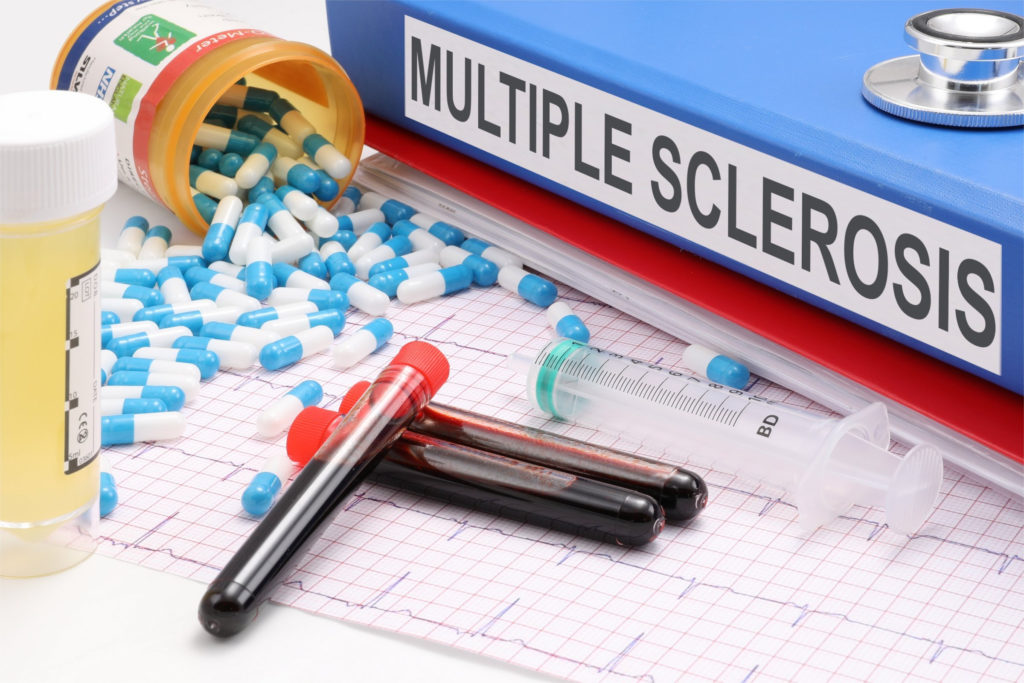Introduction:
Prokarin, or Procarin, is a preparation containing histamine and caffeine originally developed in Washington by Elaine DeLack, a nurse who has MS. This preparation is claimed to help with many MS-associated symptoms. The histamine in Prokarin is thought to enlarge blood vessels and decrease allergic reactions, while caffeine acts as a stimulant.
Methodology of therapy:
Prokarin is delivered using a patch applied to the thigh. This method is used because the histamine is not absorbed if taken orally. One study of Prokarin in MS applied two patches a day, each for 8 hours.
Common uses:
- multiple sclerosis
- fatigue
- heat intolerance
Adverse effects:
Local reactions:
- itchy under adhesive
- skin irritation under patch
There is limited information available concerning the safety of Prokarin. Histamine carries the risk of increasing the severity of asthma symptoms, and it has been reported that Prokarin has triggered severe asthmatic attacks. People with asthma should not use Prokarin. A case report exists of an individual experiencing loss of appetite and irritability while taking both lioresal (Baclofen) and Prokarin. People have reported skin irritation and rashes where the patch is applied. Prokarin is not a replacement for conventional MS medications, especially those that modify the course of the disease.
Conclusion:
Prokarin treatment is expensive and limited data are available regarding its safety and its efficacy. One small study reported that Prokarin may help with fatigue. People with asthma should not use Prokarin because of potential risks associated with histamine. Prokarin should not be used instead of conventional medications.
